About
About
Cybersecurity for Democracy is a research-based, nonpartisan, and independent effort to expose online threats to our safety, health, democracy and social fabric – and recommend how to counter those threats. We are a multi-university research project of the Center for Cybersecurity at the NYU Tandon School of Engineering and the Cybersecurity and Privacy Institute at the Northeastern University Khoury College of Computer Sciences.
We conduct cutting-edge cybersecurity research to better understand the distorting effects of algorithms and AI tools on large online networks and work with platforms and regulators to help all parties understand the implications of our findings and develop solutions. We also help produce machine-learning tools for journalists and policymakers to study these companies themselves.
We focus on these issues because online platforms–such as Instagram, X, YouTube, and TikTok–have an unprecedented effect on public safety, elections and democracy. As research has repeatedly shown, engagement-based recommendation algorithms thrive on polarizing and extreme content, serve harmful content to minors, and contribute to the proliferation of mis- and disinformation. This is all happening at a time when social media companies have retreated from safety efforts, and information sharing between industry, government, and researchers is at an all-time low. It is more critical than ever that we understand and expose how these systems work and find mitigation strategies to ensure the integrity and safety of our online systems.
We champion data transparency and standardization so we can effectively audit online platforms. We provide data we collect to researchers and journalists investigating online systems. Our default is open source whenever possible: we make data and code available for others to use and replicate.
This project was formerly known as the Online Political Transparency Project.
Staff
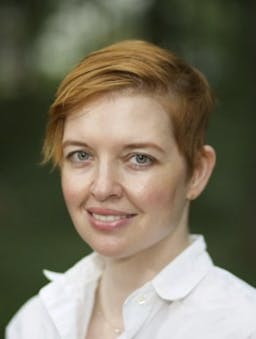
Laura Edelson
Laura Edelson is an assistant professor of Computer Science at Northeastern University Khoury College of Computer Sciences. She received her Ph.D in Computer Science from New York University. Laura's current research involves large-scale analysis of online paid political content on major platforms such as Facebook, Google, and Twitter, and the development of methods to detect inauthentic content and fraudulent actors. Prior to her current time in academia, Laura was a software engineer for Palantir and Factset.
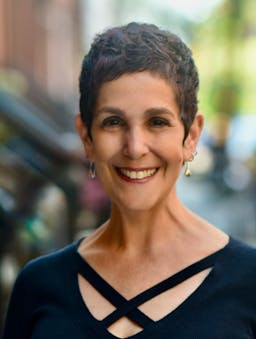
Yaël Eisenstat
Yaël Eisenstat is our Director of Policy and Impact. She has spent over two decades combating extremism, polarization and anti-democratic behavior both on- and offline. Most recently, she was Vice President at the Anti-Defamation League (ADL), heading the Center for Technology & Society. Prior to that, she served in a wide range of roles including as head of global elections integrity for political ads for Facebook and 14 years in public service including as a diplomat, intelligence officer, and White House advisor. She earned an M.A. in International Affairs from the Johns Hopkins School of Advanced International Studies (SAIS).
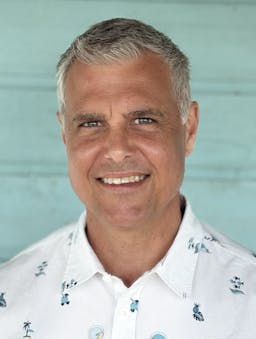
Chris Murray
Chris Murray is Director of Strategic Initiatives at Cybersecurity for Democracy. He is an attorney specialized in policy communications for social media and emerging technology, who works to improve the transparency of technology products for the public. Chris began his career as policy counsel for Internet and media with Consumer Reports. He later worked as an executive for industry outsiders Vonage, Clearwire, and EarthLink, where he fought for an open Internet and a competitive communications environment. Chris has testified before Congress as well as federal and state regulatory agencies on a range of technology topics and served on the Federal Communications Commission Technology Advisory Committee. He has a J.D. from Georgetown University Law Center; he is a member of the New York bar and Third Circuit Court of Appeals.
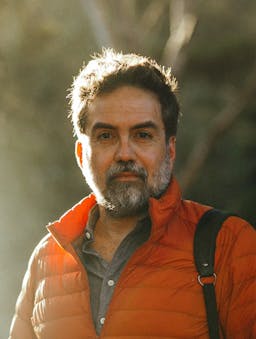
Arturo Bejar
From 2009 to 2015, Arturo was the senior leader at Facebook responsible for its engineering and product efforts on site integrity, security, safety, and customer support. Arturo was also the manager for Facebook’s “Product Infrastructure” team, which created core technologies (including REACT). From 2019 to 2021 Arturo returned to the company as a consultant to work on well-being issues at Instagram. During his second stint Arturo found willful disregard of the harm teens experience of Instagram, this led Arturo to speak out publicly, and work on teen safety advocacy.
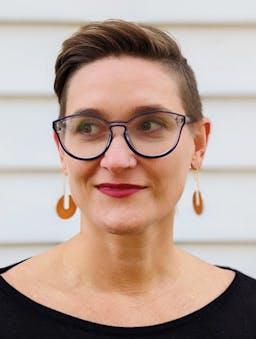
Jessica Batke
Jessica Batke is a non-resident fellow at the Global Public Policy Institute (GPPi) and a Senior Fellow at ChinaFile, where she researches China's internet censorship system and its wider impacts on the world. She is also a Senior Associate Fellow at the Mercator Institute for China Studies (MERICS).
From 2017-2025, Jessica was a writer and editor at the online magazine ChinaFile, covering China's Foreign NGO Law, domestic surveillance, internet censorship, and the Party-state's approaches to governance. She served as a Research Analyst in the U.S. State Department’s Bureau of Intelligence and Research from 2009-2017, where she focused on domestic social issues (including developments in Tibet and the Xinjiang Uyghur Autonomous Region). In 2016, she was a Visiting Academic Fellow at MERICS in Berlin.
She holds a B.A. in Linguistics from Pitzer College and an M.A. in East Asian Studies from Stanford University.
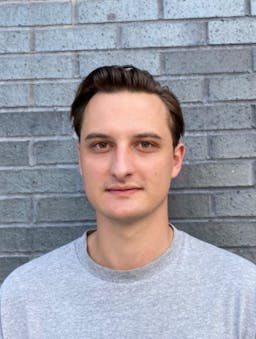
Dylan Tingley
Dylan Tingley serves as the lab manager for Cybersecurity for Democracy. As a social researcher, he studies the impact of platform capitalism on political discourse and explores alternatives to neoliberal development in the United States. Dylan has previously worked for the Harvard Graduate School of Design and the London School of Economics. He holds an MSc in Human Geography & Urban Studies from the London School of Economics and a BA in Political Economy from Tulane University.
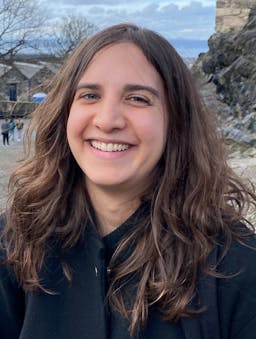
Julia Kieserman
Julia B. Kieserman is a Computer Science Ph.D. Candidate at NYU Tandon. She is generally interested in understanding how technology systems might impact human autonomy. Most recently she has worked on measuring the configuration of trackers on sensitive websites and the way users and content creators engage with the Character.AI platform. Prior to her time in academia she worked as a software engineer in the technology and non-profit sectors.

Cat Mai
Cat is a Computer Science PhD Candidate at New York University. She is broadly interested in the relationship between users and online advertising, for example, discrimination in the ad delivery system. She received her BA in Mathematics and Computer Science from Clark University.
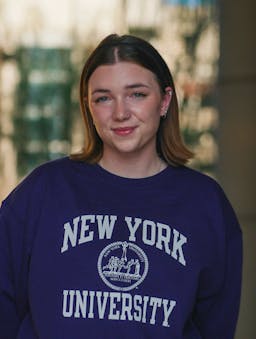
Lexie Matsumoto
Lexie Matsumoto is a Computer Science PhD student at NYU. Her research interests are social media harms and security, ethical AI, and other topics that bridge technical approaches with legislative and policy initiatives. She received her BS in Computer Science from the University of Oklahoma.

Zihan Qu
Zihan Qu is a Ph.D. student in Cybersecurity at Northeastern University Cybersecurity and Privacy Institute. His research interests are at the intersection of privacy, usable security, policy and law, and measurement studies. Much of his current work examines social media recommendation systems, with particular attention to how algorithms influence the spread of misinformation and disinformation and their harmful effects on users. He holds an M.S. in Security Informatics from Johns Hopkins University and a B.S. in Mathematics and Computer Science from the University of California, San Diego.
Funders

Democracy Fund works toward an open and just democracy that is resilient in the face of change and worthy of the American people’s trust. We support partners and ideas from across the political spectrum in pursuit of a vibrant and diverse public square, free and fair elections, effective and accountable government, and a just and inclusive society.

Media Democracy Fund is a catalyst for an open, secure and equitable internet. We bring together diverse voices to design inclusive and responsible solutions, and empower public interest advocates to create an environment where digital technologies and the internet have a long-term, positive impact on society.
Privacy and Ethics
Independence. We don't take funding from platforms like Facebook or Google.
Privacy. We do not collect or use personally-identifying information in our projects, including Ad Observatory and Ad Observer, or track cookies on our websites. (We do allow website visitors to share their name and email address with us for communications, such as our mailing list.)
Openness. We aim to publish most of our data and code publicly on Github, so others can use it — and check our work. (There are some exceptions, particularly around code that could be exploited by adversaries.)
Collaboration. We work with journalists, civil society groups and researchers because different disciplines have different strengths.
